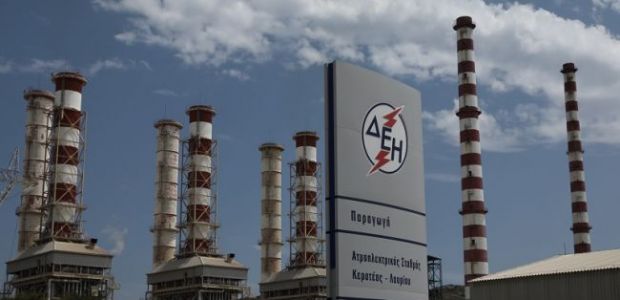The European Commission has brought back to the fore a Directorate-General for Competition investigation of power utility PPC and power grid operator DEDDIE/HEDNO over market dominance abuse, despite major market changes that have taken place since 2017, when the probe began.
The direction the investigation’s restart remains unknown. Negotiations between Greece and Brussels for new mechanisms being negotiated could be impacted, some pundits suspect.
Also, the government and state-controlled PPC are currently seeking compensation for the power utility’s need to keep lignite-fired power stations and related mines operational for grid sufficiency needs.
No findings of the investigation’s first round have been released. The probe included raids by DG Comp officials, both local and Brussels-based, of the PPC and IPTO headquarters in Athens that lasted several hours, resulting in confiscations of USB flash drives, documents and hard drives.
PPC’s then-administration, in an announcement at the time, informed that the raid concerned a check on the utility’s “supposed” abuse of market dominance in the wholesale market for electrical energy produced from 2010 onwards.
Prior to the investigation, Brussels suspected levels of the wholesale electricity price – known as the System Marginal Price (SMP), at the time – were being manipulated by PPC through its lignite and hydropower facilities.
In 2017, PPC held an 87 percent share of the retail electricity market and 57 percent of overall electricity generation, now down to approximately 67 and 39 percent, respectively.
Four years ago, PPC’s lignite facilities still dominated the corporation’s portfolio and the energy exchange and new target model wholesale markets did not exist.
The current market setting bears little resemblance to back then. Lignite has regressed into an unwanted, loss-incurring energy source that is being phased out by PPC until 2023, while the energy market is undergoing drastic transformation, as was acknowledged by the European Commission Vice-President Margrethe Vestager, also Brussels’ Commissioner for Competition, in an announcement yesterday.





